Hello.
I've been making games for a couple of decades now. I'm pretty good at it. Over the years, building on a background in psychology and biology, I've developed a rare set of skills covering design, production, strategy, management, finalling, and more. I'm a difference-maker when it comes to getting a project across the line.
I'm also relentlessly excitable when it comes to broadening the industry – making games more appealing to more people, and bringing the games industry's knowledge and approach to projects and companies outside games.
I'm always looking to forge new relationships with people, teams and businesses, to blunderbuss the full force of my enthusiasm, talent, and experience at.
But I warn you now: I'm picky. And I ain't cheap.
I've had a hand in stuff like:
Project CARS 2
An absolute behemoth of a game, I headed up production, with pivotal roles in both QA and design, on a fully-remotely-developed racing sim that reviewed better than Gran Turismo or Forza, and did it with a fraction of their resources. Something I'm truly proud to have on my CV, with graphics that you'd be hard-pushed to tell apart from reality, an incredible dynamic weather system, and an approach that supported everyone from beginners to professional racing drivers.
Woodlouse
The absolute polar opposite of Project CARS 2, Woodlouse was an experiment in minimalism, flat UI, and background gaming. A simple something that I designed, and partnered with a talented friend to do the coding, Woodlouse was one of those things that no-one played, but those who did, thought it was genius. The one rule was: list as many words as you can that have more vowels than consonants. The prototype of this became my most-played game of all time.
A Million Other Things
And in between those two extremes – a hulking triple-A bruiser, and a picoweight indie experiment – lie all sorts of things. I've typically specialised in smaller projects (mobile, interactive TV, handheld), because it let me see more full dev cycles than would otherwise be possible. Over the years I've darkened the doorsteps of some of the UK's greats, like Denki, Creature Labs, Kuju, Climax and Codemasters. And I even worked on an award-winning voice-controlled R2D2 robot.
Scroll down a bit, learn a bit more about me, and then maybe drop me a line.
Looking forward to chatting.
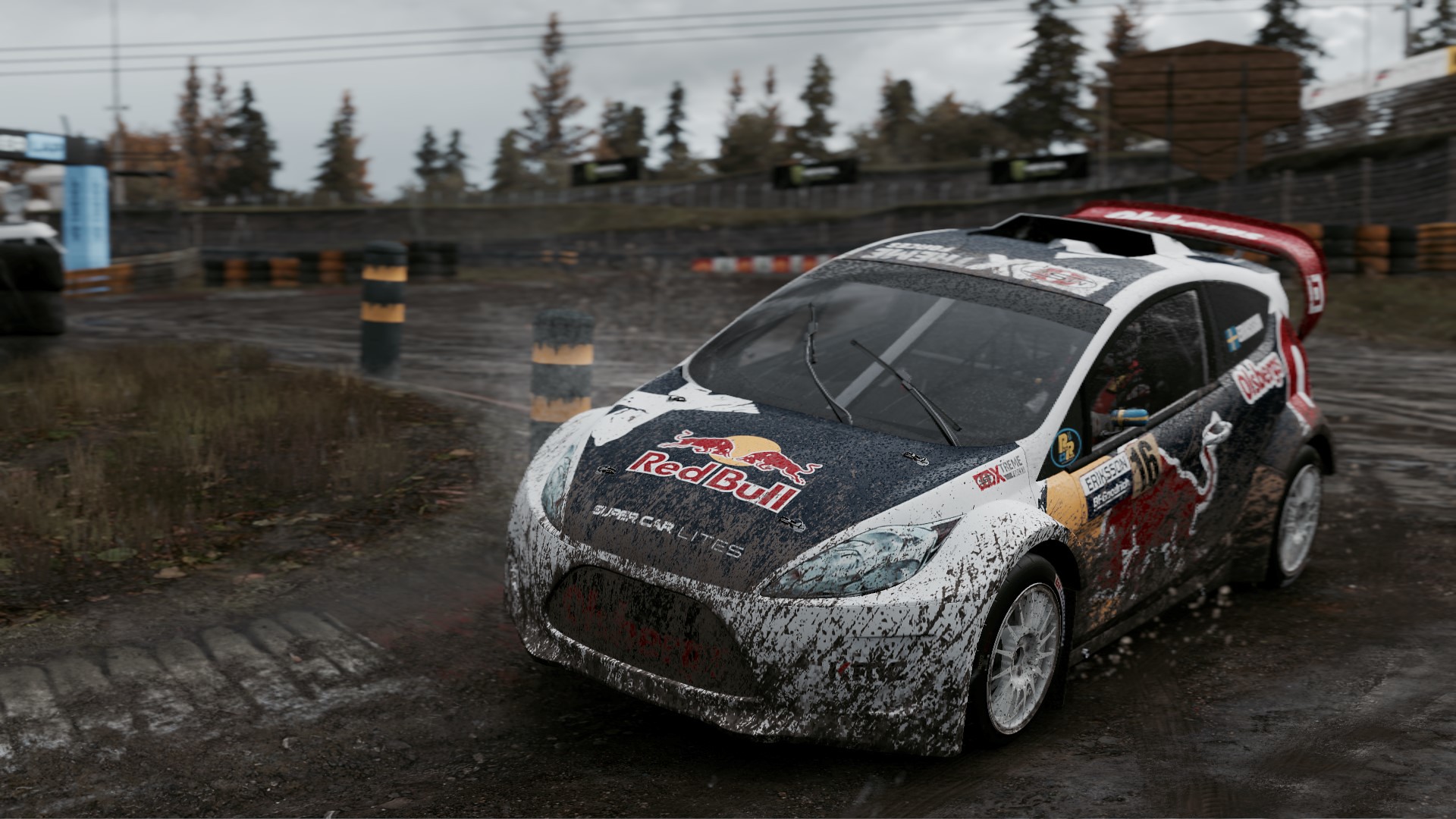
Experience.
Unless you know me, you probably won't have heard of me. I tend to work in the shadows, doing everything I can to predict and plan around problems, with a laser-like focus on clearing the decks and giving people the room to be awesome. It's an approach that works. Let the big egos soak up the limelight; those that have worked alongside me know that I just Get. Shit. Done.
Although I can turn my hand to most things and make a difference, that won't help you work out whether I'm right for you. If you have needs in the following areas, then maybe I am.
Full-Cycle Production
I've seen countless projects from initial scribbles, all the way to the Number One slot in your local game shop. My approach is generally underpinned by two key factors: first, get buy-in from everyone involved, earn their trust, make sure they matter; second, engineer in multiple levels of insurance. Then, when stuff goes sideways – and stuff will go sideways – you're equipped to weather the storm. Game shipped, jobs kept, happy days.
Remote Working
Even before Covid made it the new normal, I was shipping games with remote teams. In my last full-time role – as Director of Production for Slightly Mad Studios – I designed and implemented processes to improve the studio's existing work-from-home system, allowing us to scale from a single project to multiple games in development in parallel. My time there culminated in shipping two big-budget multiplatform titles, each with multiple day-one patches, in the same calendar month, and in the middle of a pandemic.
Interaction Design
For all its next-gen, bleeding-edge-graphics bluster, the games industry is a surprisingly conservative place. It's basically a bunch of gamers, who play a lot of games made by other gamers, making games for other gamers. We'd better service a wider audience if we thought like other people, and that's what my approach to interaction design is all about. Interfaces should make our customers' lives easier, rather than our dev team's.
The foundations of my approach are:
Bulletproof Processes
Identifying a solid set of repeatable, robust processes – for planning work, for executing work, for tracking work, for hiring, for everything – is absolutely key. Get this bit right, and the benefits are multiple: people don't have to re-learn systems constantly; practice makes perfect; and things running mainly on autopilot frees up cognitive space for things outside the processes. And the things outside the processes are the things that typically need focussing on.
People are Awesome
A background in psychology means that I get a kick out of learning what makes individuals, teams and companies tick. And I love making room for teams to be awesome, and getting the best out of them. And it ain't the top-down, rule-by-fear approach. Approach people as grown-ups, respect them, let them own what they're doing, and you'll be surprised at the results. The age of the (management) dinosaurs is over.
Bespoke Solutions
Do you 'do' waterfall? Or do you 'do' agile? If you're 100% one or the other, or have just imposed a set of 'best-practice' rules and processes that you read about in a book somewhere, then you're probably doing it wrong. Every company is different; every team is different; every person is different. To get the best out of them needs a deep understanding of existing company culture, team dynamics, and key personalities. And then fit the right bits in the right places to make it all sing.
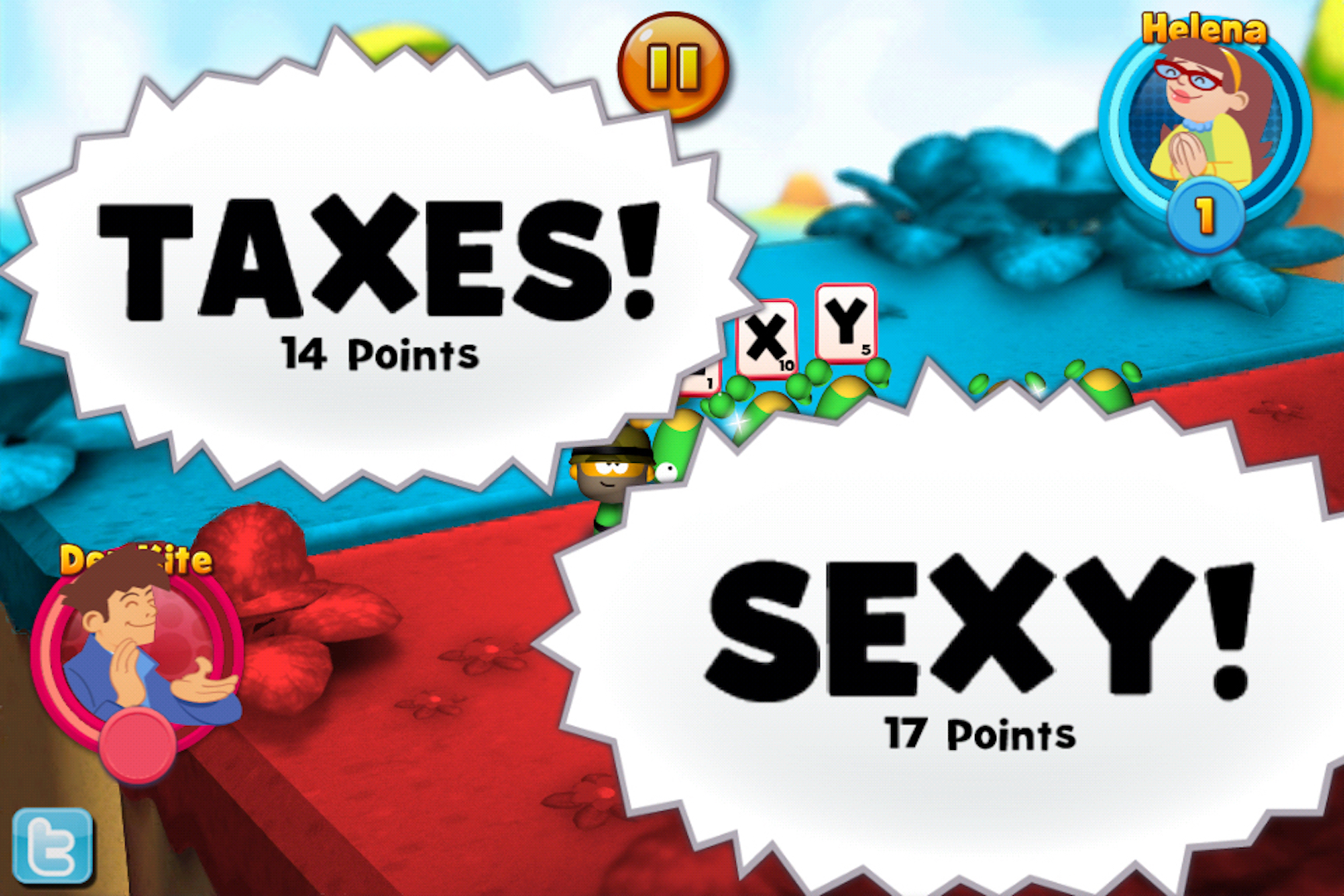
Health.
Huh? Why's there a section called 'Health'?
It is my firm belief that the phrase 'must be passionate about games' – which you'll find in a surprising number of job listings in the games industry – is hugely harmful. I'm not particularly passionate about games these days (unless they star a certain Italian plumber!); I'm just jolly good at designing, planning, executing, and delivering them.
You know what I am passionate about? Health and wellness – both physical and mental. Without healthy habits locked in place, the chances of you, your people, or your team, performing at peak efficiency for anything longer than the short term, is basically zero. And that means your products – and by extension, your company, and your strategy – are compromised. Burnout is a very real – and very unforgivable – thing, and you absolutely should not tolerate it.
The good news is that it's easy to make improvements.
There's a bit of a story here, so settle in, and let me tell you why this is such a big deal for me.
My First 40 Years
I spent most of my life fat. I didn't look obese (although I was); it was more that I extended more in each direction than I really should have done. I didn't move around a lot. I didn't give a second thought to what I ate. Unless that second thought was 'more!', in which case, I thought that quite a lot.
I also smoked. Too much.
And my blood pressure was high.
Wherever I looked in my family, it seemed that people either popped their clogs from high blood pressure or from smoking, so I figured my card was marked. I'd specifically chosen not to have a pension as I didn't think I'd get that far.
But then, I went to a standard health check once I was in my forties, and the nurse there was the first medical professional in my life that told me, even with the family history, if I lost weight – my blood pressure would come down.
Game on.
Applying Me to Me
So all this stuff I've said about bulletproof processes, and applying game-like thinking outside of games, and having an understanding of psychology?
I applied it all to me.
I knew that habit formation would be the hardest part of cementing long-term change, and so I set myself a series of rules that would nudge me towards being successful.
And it worked. Spectacularly.
My blood pressure came down from near Grade I Hypertension, through High Normal, through Normal, and into Optimal… inside six weeks. And I lost five stone (about thirty kilograms) in nine months. I quit smoking.
Less than a year after I started running, and seven weeks before the event itself, I entered my first marathon. A week later, I sprained my ankle. And I still got sub-four.
And it was that marathon – which I did probably 18 months after I started all this – that unlocked everything for me. You get one of those under your belt, and you feel unstoppable.

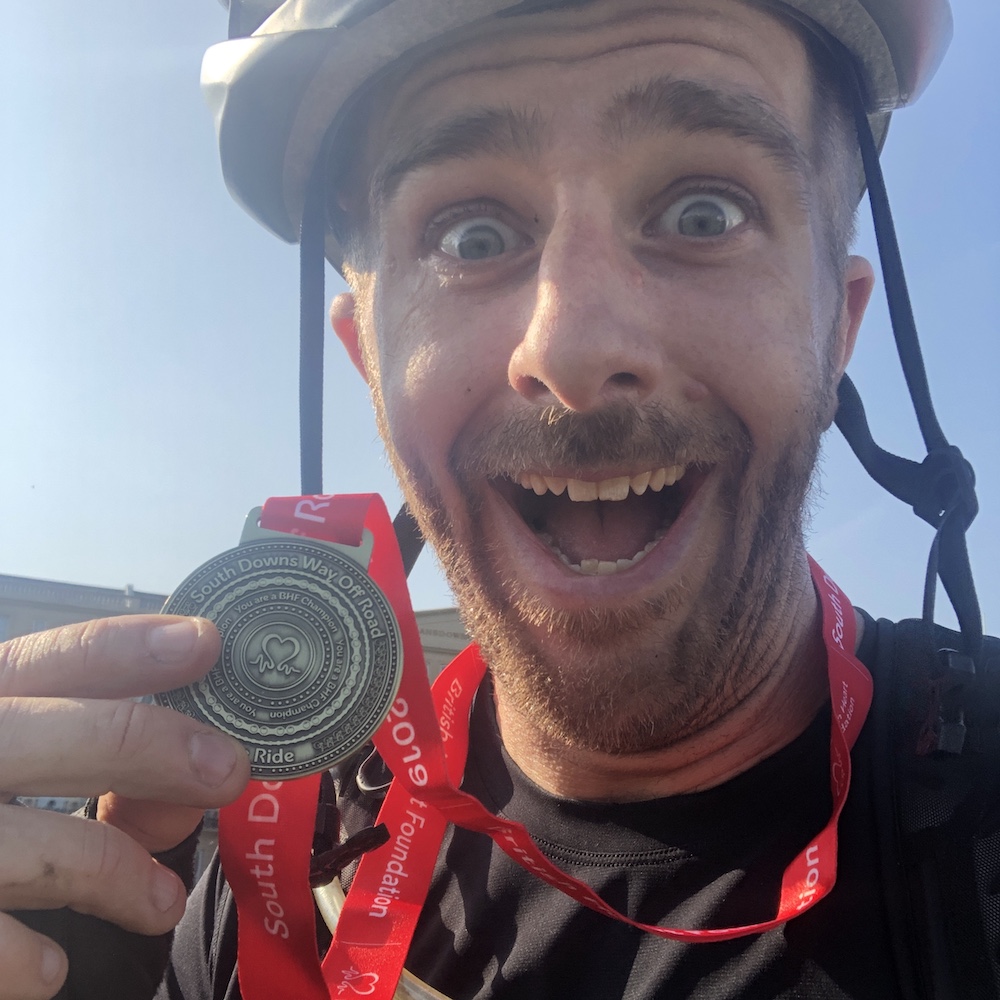
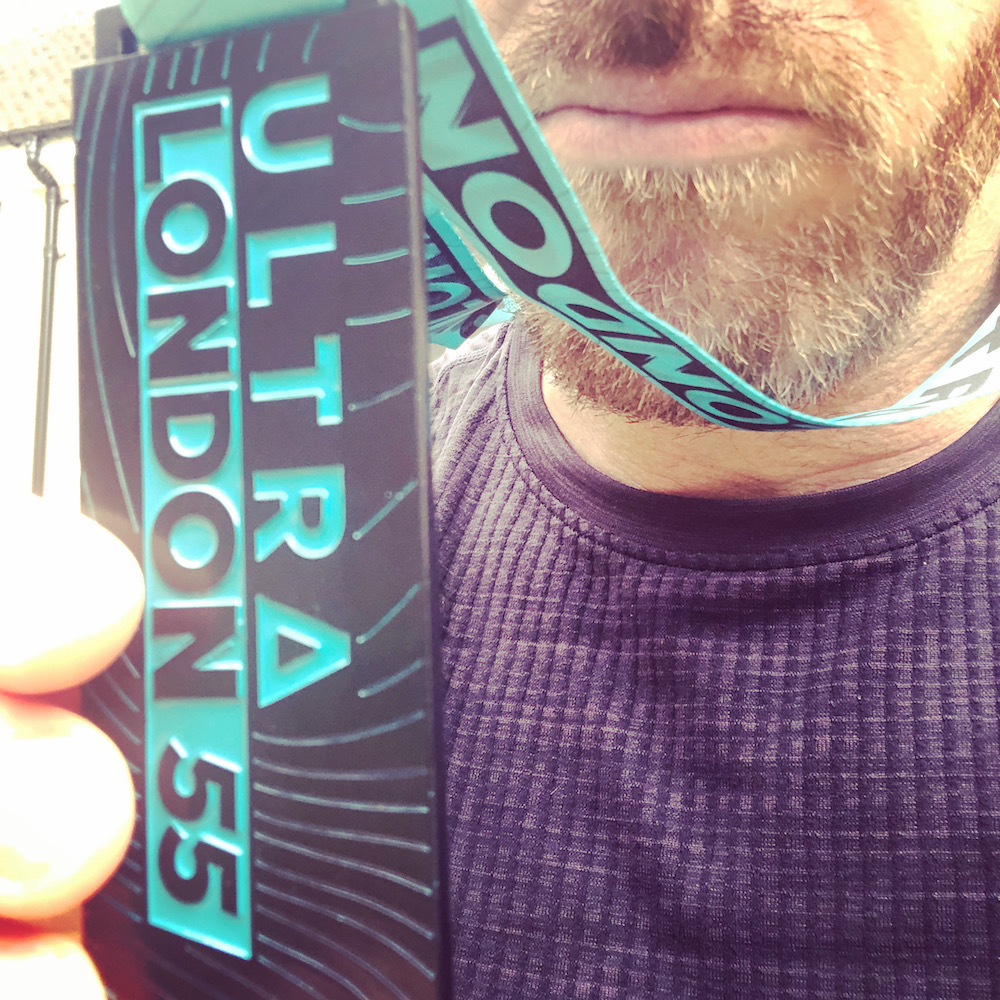
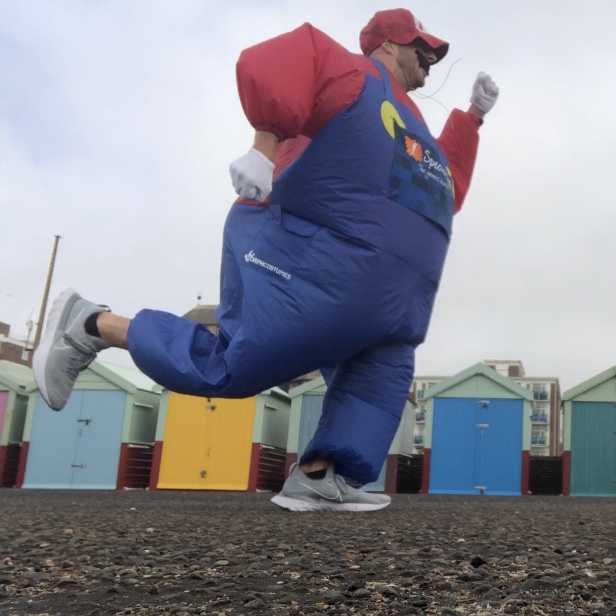
Now, this might all seem bit self-indulgent (and it kind of is), but there are some important points here.
First: it demonstrates my ability to relentlessly focus on a goal, design a bespoke process to get there, and then successfully execute.
Second: keeping healthy – both physically and mentally – is hugely important. I point-blank would not have gotten through the stress of 2020 were it not for the fact that I exercised before work most days.
In 2021, my physical fitness routine has been joined by a mental health one: journalling, self-care, self-compassion, meditation.
It's super-important for you – and your team, and your company – to take this stuff seriously. You only get one shot. And good health is the most important thing. Without it, lives are needlessly cut short, just to get a game on the shelves, which itself won't be as good as it could have been had the people making it been healthier.
It's a positive feedback cycle, and – if you're interested – I can help you make it happen.
I'm so passionate about this that, when I'm not working with clients, I'm getting a little something off the ground that'll help others do what I did.
And I'm really interested in helping out any health or fitness tech companies out there that are looking for a little games industry expertise.

Services.
You probably wound up here for a reason, and so by now you'll have a decent idea as to whether or not I can help out with whatever you've got in mind. If not, here are some examples as to where I might make a difference:
Dev Pipeline Improvements
Yeah, you're doing what you do, and you're getting games out, but… you have a nagging feeling you could be doing this better. You sense you've got inefficiencies, that the various cogs in your team aren't meshing quite right somewhere along the line.
I'll analyse your workflows, determine where you're bleeding efficiency, and make recommendations as to how to improve them.
Remote Working
Thanks to Covid, the vast majority of us are working from home now. It could be that you need to refactor your work-from-home pipelines, approach and techniques, but you're not quite sure where to start.
I'll work out what works, what doesn't work, who's still freaked out a bit by it all, where your processes need improving to mesh with the new normal. It ain't rocket science, but every company – and every company culture – is different.
Games Industry Expertise
It might be that you're on the outside looking in, understandably wondering quite how we in the games industry do what we do. Either in terms of small teams delivering massive results, or the meshing of cutting edge code and graphical and design and interaction techniques, or how we give away games and still make stacks of cash.
I'm particularly interested in bringing my knowhow, experience and left-field thinking over to companies in the health / fitness tech space.
I'll answer your questions, understand why you're asking them, and help you benefit from the best of what we do.
Not Just Gamers
You know how to make games for gamers, but do you know how to make games for people that don't play? Or for people who aren't well-versed in our language and culture? Or if you're making a game-like thing, have you thought about your users' goals, and how to make the interaction design make their lives easier, rather than your dev team's?
You should. The earlier in dev you can look at this stuff, the better – too often, games' UIs simply reflect the structure of the features or the code underneath. Time to adapt to our customers, rather than expect them to adapt to us.
#belesspete
Even though I think I'm pretty cool, there's a pile of stuff for which you'll find someone better suited than me. Post-launch mobile (user acquisition strategies, the finer points of update rollout strategy, etc). Grander aspects of business strategy. Coding. Marketing and PR. Detailed F2P economy design (it's something I'm learning, but there'll be spreadsheet mavens out there that just know it all already).
If your problems are in those sorts of areas, there probably ain't a lot I can do to help.
